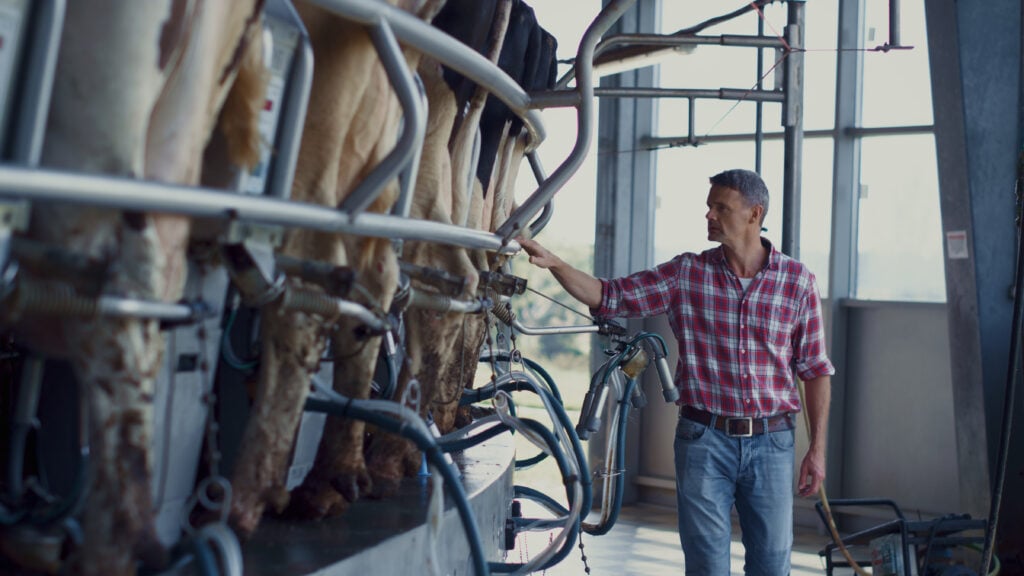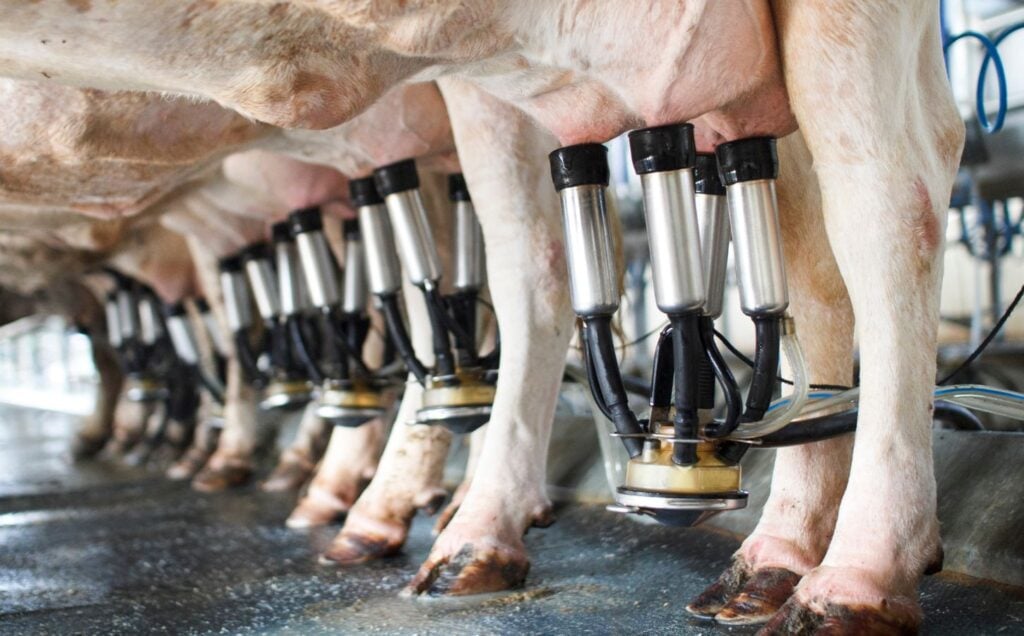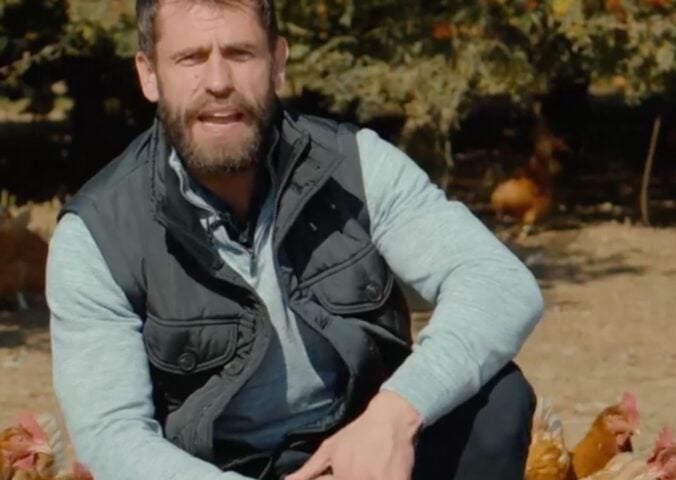US farmers in the Upper Midwest have been pouring milk down the sewers due to excess supply, according to reports.
A spokesperson for the The Milwaukee Metropolitan Sewerage District’s wastewater treatment system confirmed to Bloomberg that it’s dealing with increased volumes of milk. According to the editor of a Wisconsin dairy publication named The Milkweed, the amount of excess milk produced each day could be enough to fill 50 trailers.
The situation is reminiscent of a number of similar incidents at the start of the Covid-19 pandemic. At that time, restaurants and other eateries suddenly closed, leading to a sudden fall in demand. This caused a number of farmers across the country to pour away milk.
Why Wisconsin farmers are throwing away milk
It’s thought that this latest incident in Wisconsin, and reportedly other Midwest states, is also attributed to similar supply and demand issues. Farmers are dealing with surplus amounts of dairy for a number of reasons. A record number of milk is being produced, with milk production across the country hitting a record high in May. Not only has there been a fall in demand for milk (with less being consumed in classrooms as the school year comes to a close), but processing plants are unable to deal with the rising amounts.
The state of Wisconsin is the biggest cheese producer in the US, and 90 percent of its milk is made into cheese. This means that it needs to be processed, but plants are full up and cannot take on the excess milk. Most farmers are not able to process their own milk, meaning they rely on plants to ensure the product gets to market.
Due to supply outweighing demand, milk and cheese prices are falling. As well as dumping milk, it’s thought that farmers may reduce their herds by sending cows to slaughterhouses prematurely.
“I expect the herd size and milk production to decline in the coming months as farmers make adjustments due to the low prices,” said Lucas Fuess, senior dairy analyst with Rabobank.
The problem with dairy

This situation is not isolated, and not confined to just Wisconsin and its surrounding states. Dairy farmers have long been known to dump milk, with a 2016 report predicting that US farmers throw away 43 million gallons each year. An increasing number of US consumers are moving away from milk over ethical, environmental, and health concerns. Despite this, however, the US government is still handing out billions of dollars in subsidies each year to the dairy industry. Experts have stated that in doing so it’s supporting an “unsustainable” industry.
Per capita consumption of fluid milk has fallen over each of the last seven decades. In 1970, the average person consumed 0.96 cups a day. This fell to 0.69 by 2000, and 0.49 by 2019.
Generation Z (which generally refers to those born between 1997 and 2010) are consuming less milk than older generations. Research published in April of this year found that there had been a 20 percent fall in milk consumption among this demographic. Plant-based alternatives like oat, soy, and almond are increasingly proving to be more popular choices.
Dairy farming is responsible for at least four percent of global greenhouse gas emissions. It’s also resource-intensive, using up vast amounts of land and water. Consumption has also been linked to a number of diseases, including some cancers.






